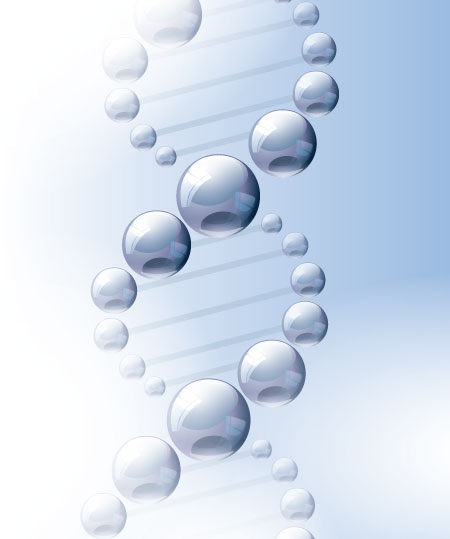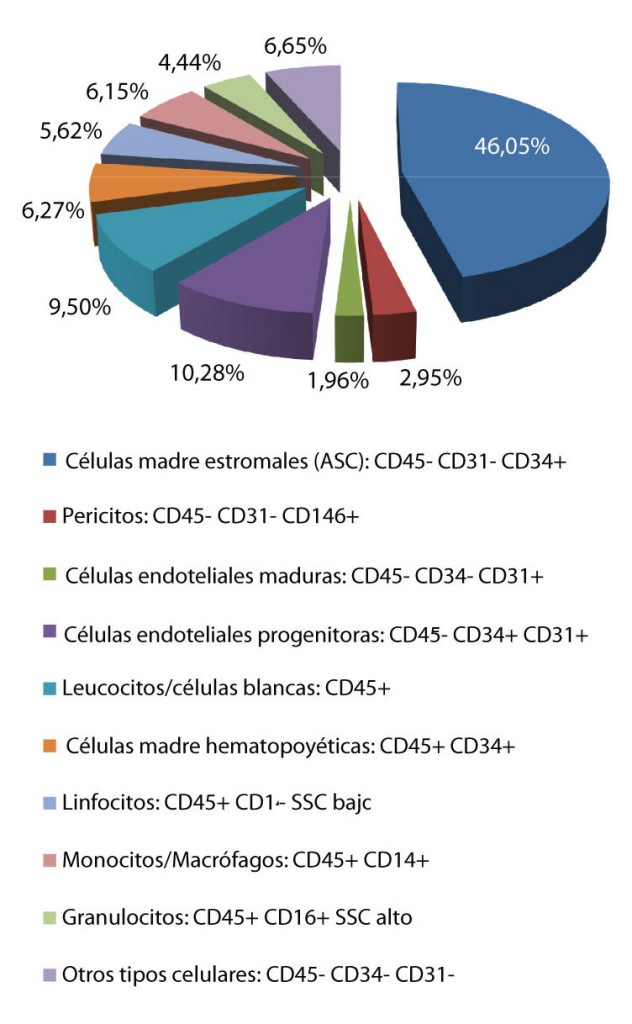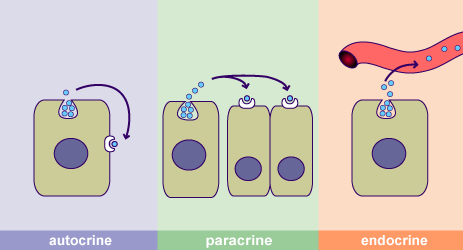Estudios Realizados
Cytokines are low molecular weight proteins essential for intercellular communication (which also carry out neurotransmitters and hormones) and are produced and released by several cell types. They control quite critical biological and physiological functions such as tissue repair, cell differentiation and maturation, inflammation and immune response, both local and systemic, apoptosis, etc.
Generalizing the effects of all these protein components is impossible, even so, according to their functions are classified into autocrine, paracrine and endocrine. Cytokines are characterized by their redundancy: many of them share similar functions. In addition, they are pleiotropic: they act on many different cell types and a cell can express receptors for more than one cytokine.
Antibody-binding cytokines have a stronger immune effect than do single ones. The SVF has a significant percentage of cells that generate antibodies such as lymphocytes.
Figure2-Controlhormonal
The growth factors that are released in the SVF, and as a cellular response to the infiltration of the same, is constant and in quantities and concentrations greater than those that can be obtained by means of techniques for obtaining platelets from the bloodstream, either Through PRP kits or through a complete inventory process.
In summary, the consequences are an increase in angiogenesis in the area, a decrease in inflammation, a chemotactic signal and anti-cellular apoptosis (not only in the treated area), a beneficial Remodeling of the extracellular matrix, activation of all existing cells at rest and a cellular trophic effect.







